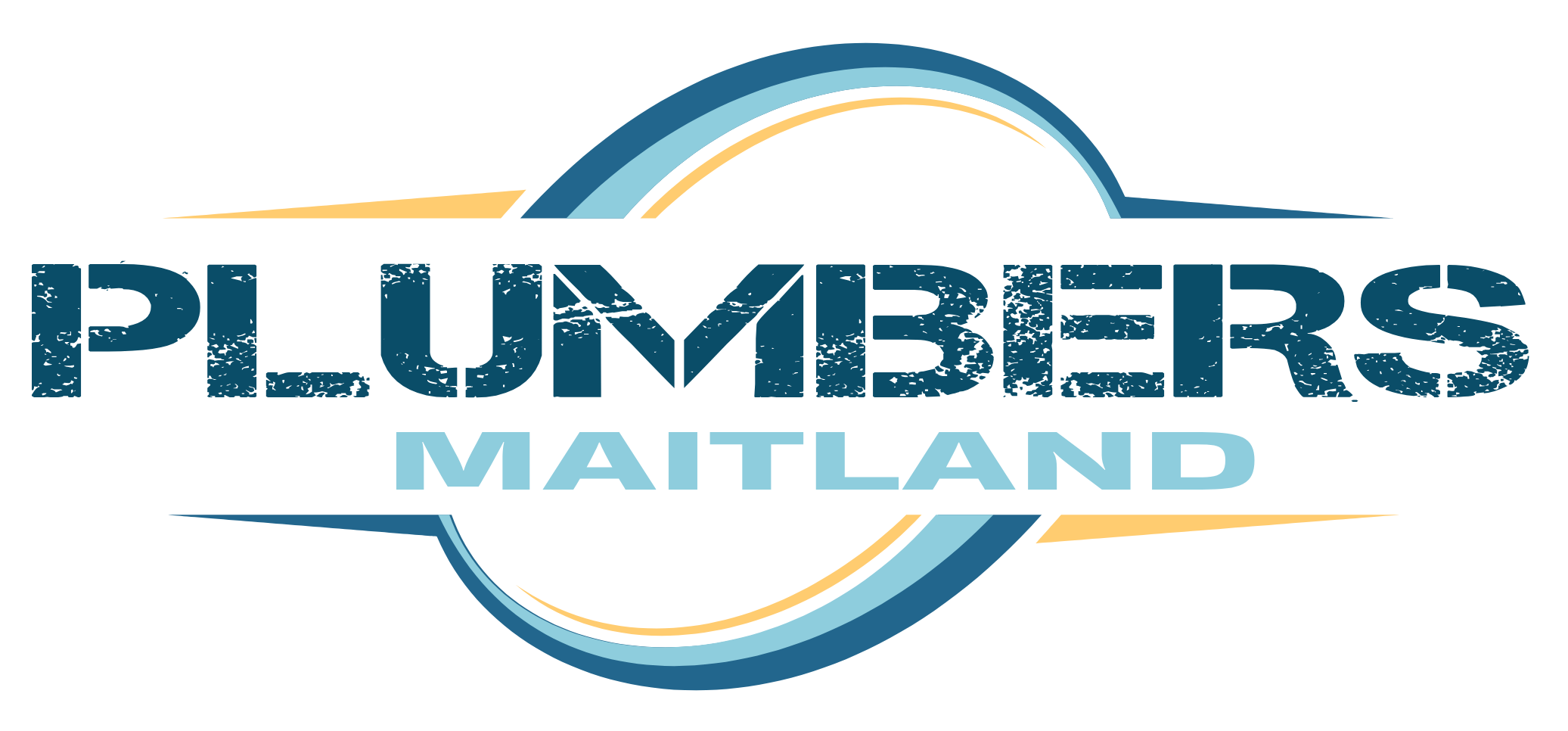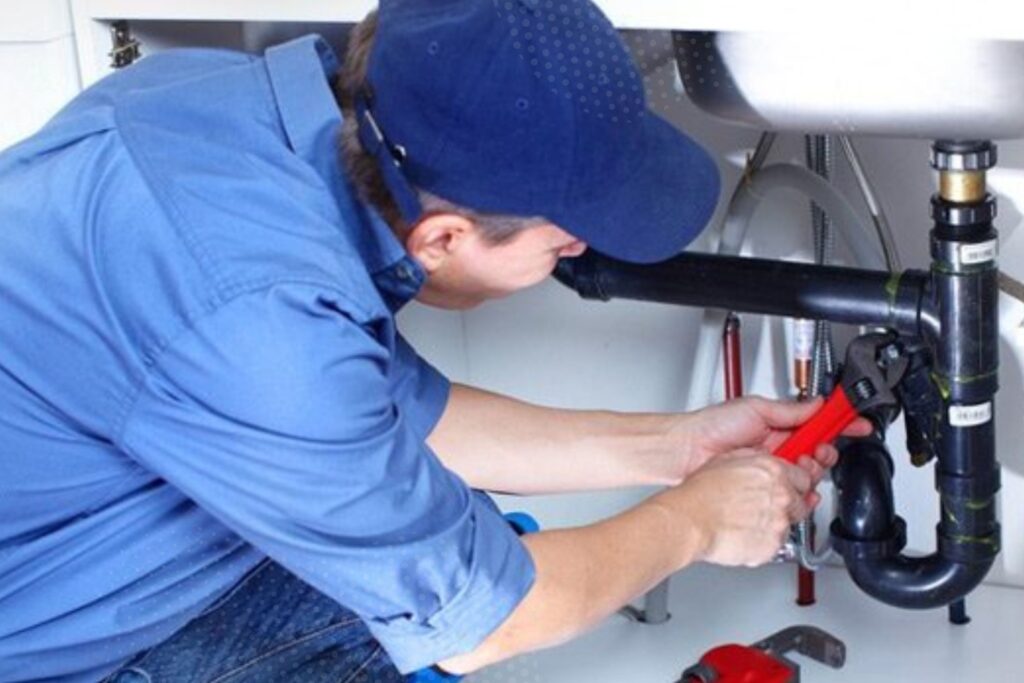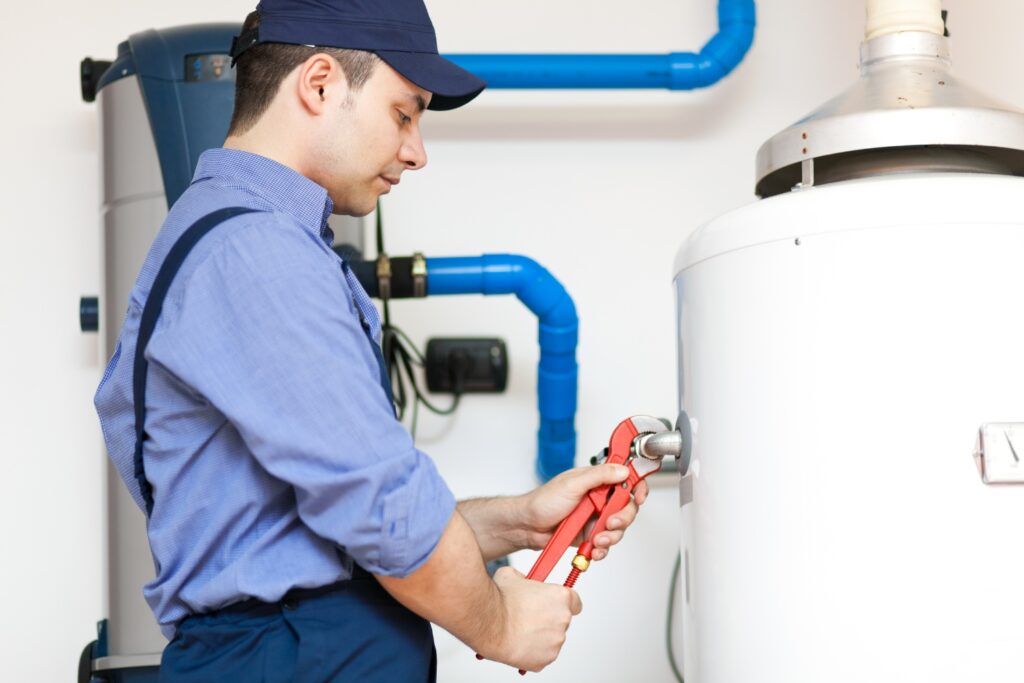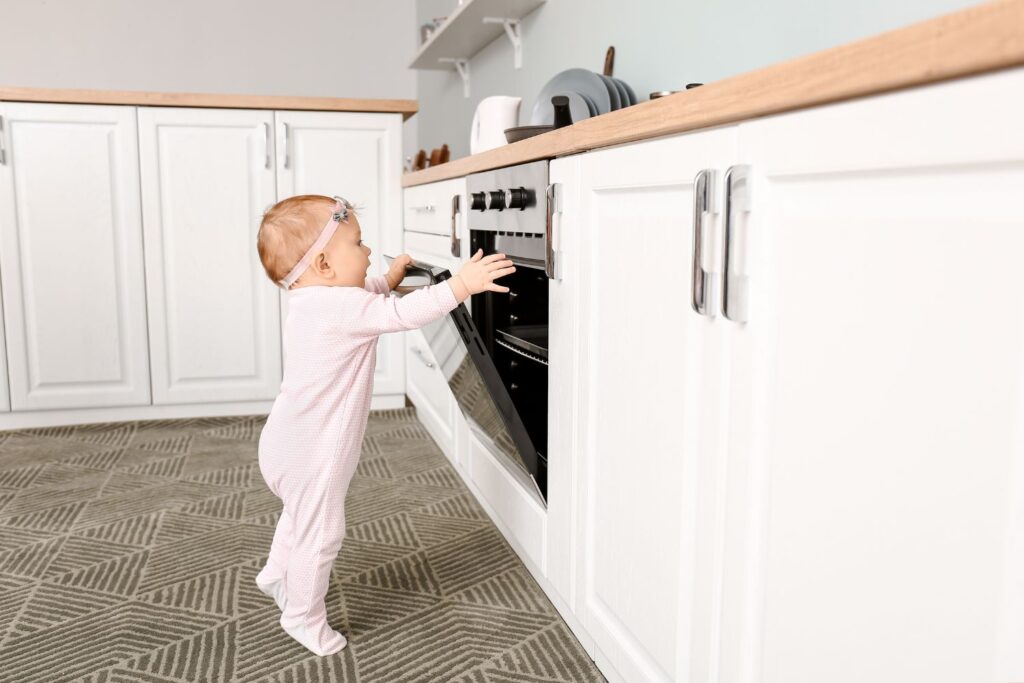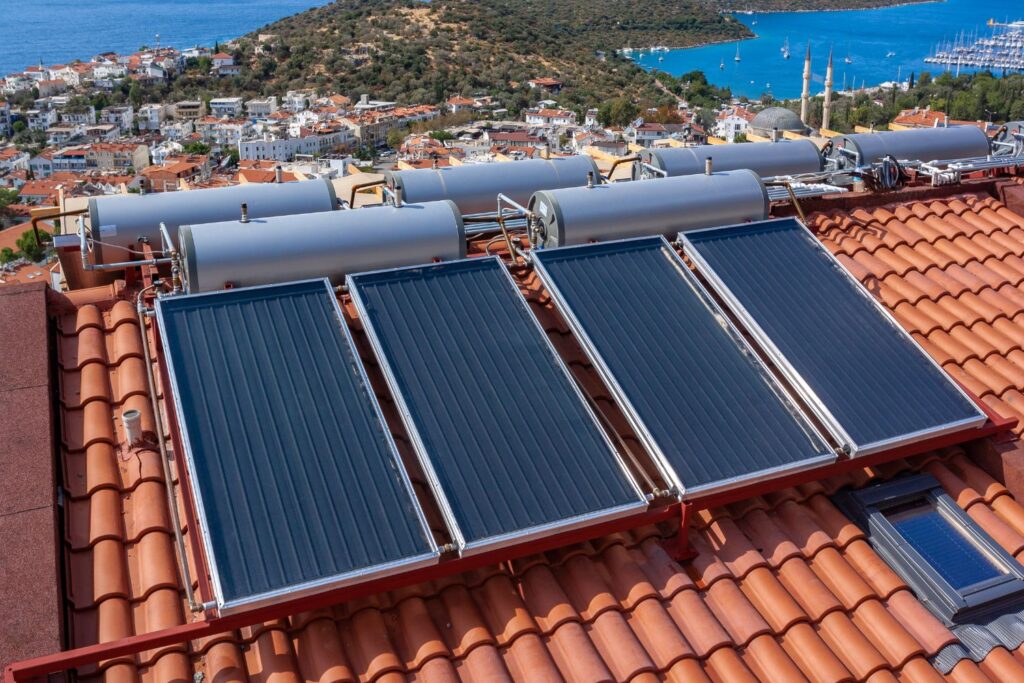Many Homes Wastewater and Energy Without Realising It?
Everyday plumbing habits and outdated systems often lead to unnecessary waste. Whether it’s a constantly dripping tap or inefficient hot water system, many households in Maitland use more water and energy than they need. Over time, this not only impacts your utility bills but contributes to environmental stress.
With climate change and rising living costs, homeowners are increasingly looking for ways to improve efficiency. Yet, plumbing systems are often overlooked when people think about going green at home.
Understanding how to reduce water and energy waste in your plumbing system can lead to significant savings and more sustainable home life.
Small Plumbing Habits Can Have a Bigger Impact Than You Think
What seems like a minor leak or a few extra minutes in the shower adds up over time. In fact, a single dripping tap can waste thousands of litres of water each year. Many households rely on outdated systems that aren’t designed to conserve water or energy.
This constant overuse puts pressure on both your wallet and the environment. It also affects your local infrastructure, especially during dry periods common in regional areas like Maitland.
There’s a misconception that making plumbing eco-friendly is expensive or requires major reservations. In truth, many changes are simple, cost-effective, and easy to implement without replacing your entire system.
Upgrade To Water Efficient Tapware and Showerheads
One of the easiest upgrades you can make is switching to WELS-rated tapware and showerheads. The Water Efficiency Labelling and Standards (WELS)scheme rates products based on their water use. The higher the star rating, the more water-efficient the fixture.
A 3-star rated showerhead can save up to 50 litres per shower compared to older models. Over time, this translates to lower water bills and less strain on your hot water system.
Benefits of water-efficient fittings
- Lower utility costs
- Reduced hot water demand
- Longer lifespan for appliances
These fittings are widely available, affordable, and simple for a licensed plumber to install.
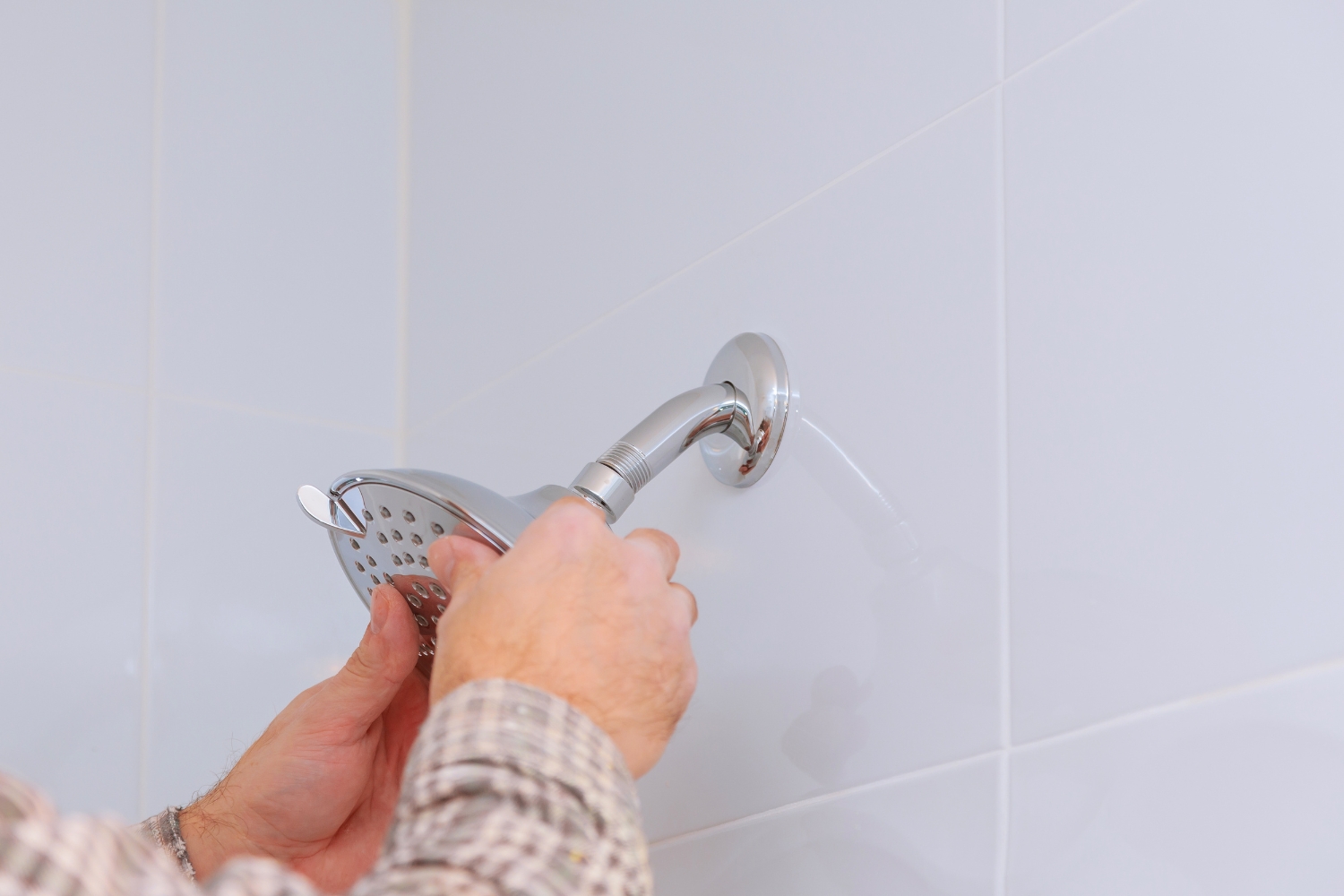
Fix Leaks Quickly to Prevent Water and Energy Waste
Leaking taps, toilets, and pipes are one of the most common sources of water loss. In many cases, the leaks go unnoticed or ignored for months. A constantly running toilet alone can waste hundreds of litres per day.
If your hot water system leaks, you’re not only wasting water but also the energy used to heat it. Timely repair or replacement can prevent ongoing costs and water damage.
Check for leaks in:
- Bathroom taps and showerheads
- Toilet cisterns
- Outdoor garden taps
- Under-sink connections
Don’t delay contacting a licensed plumber in Maitland if you notice signs of a leak. A quick fix today can prevent much larger issues down the track.
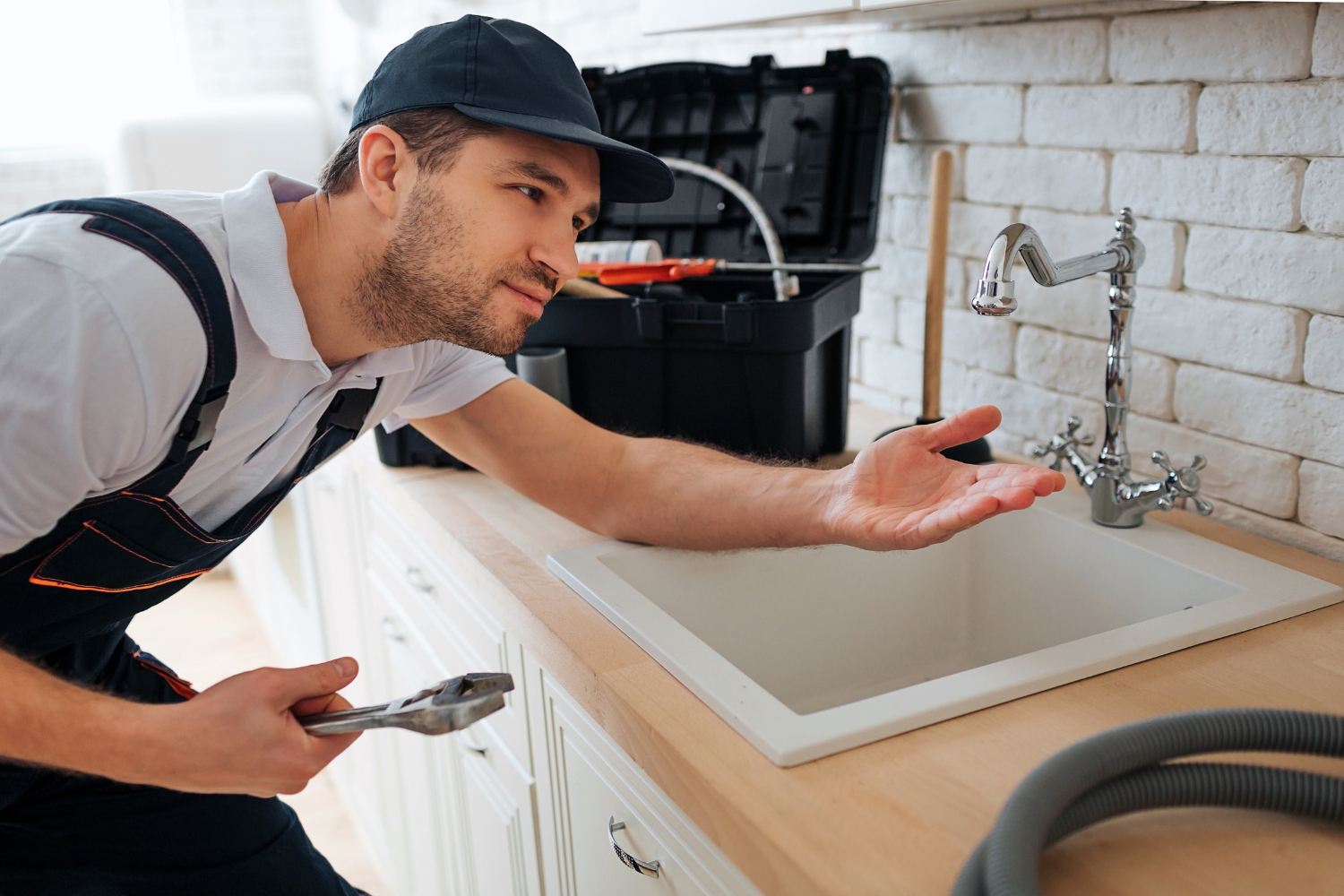
Insulate Hot Water Pipes to Reduce Heat Loss
Uninsulated pipes mean your hot water system has to work harder to keep water warm–especially in colder months. This leads to higher energy use and increased running costs.
Pipe insulation reduces heat loss between the system and the tap. You get hot water faster and reduce the amount wasted waiting for water to warm up.
This step is particularly effective in older homes with exposed pipework. Pre-formed pipe sleeves are easy for professionals to install and offer long-term benefits with minimal upfront cost.
If you’re replacing or servicing your hot water system, ask your plumber about pipe insulation as part of the upgrade.
Choose An Energy Efficient Hot Water System
Water heating can account for around 25% of a home’s energy use. If your system is more than 10 years old, it may be using more power than necessary.
Switching to a modern, energy-efficient system can cut both your water heating costs and your carbon footprint. Options include:
- Solar hot water systems with gas or electric boosters
- Heat pump systems that extract heat from the air
- Continuous flow systems that heat water on demand
Speak to a qualified plumber who understands the local conditions in Maitland and can recommend the best system for your household size and usage patterns.
Install a Rainwater Tank for Non-Drinking Water Use
Rainwater tanks provide an excellent source of water for gardens, toilets, and even laundry. This reduces your reliance on mains water and helps lower your water bills.
Even a small tank can make a difference, particularly in Maitland where summer rainfall can be collected and stored. Make sure your tank setup includes:
- A first flush diverter
- Leaf guards
- Backflow prevention
Tanks can be plumbed into your home for toilet flushing or garden irrigation, which means less demand on treated water supplies.
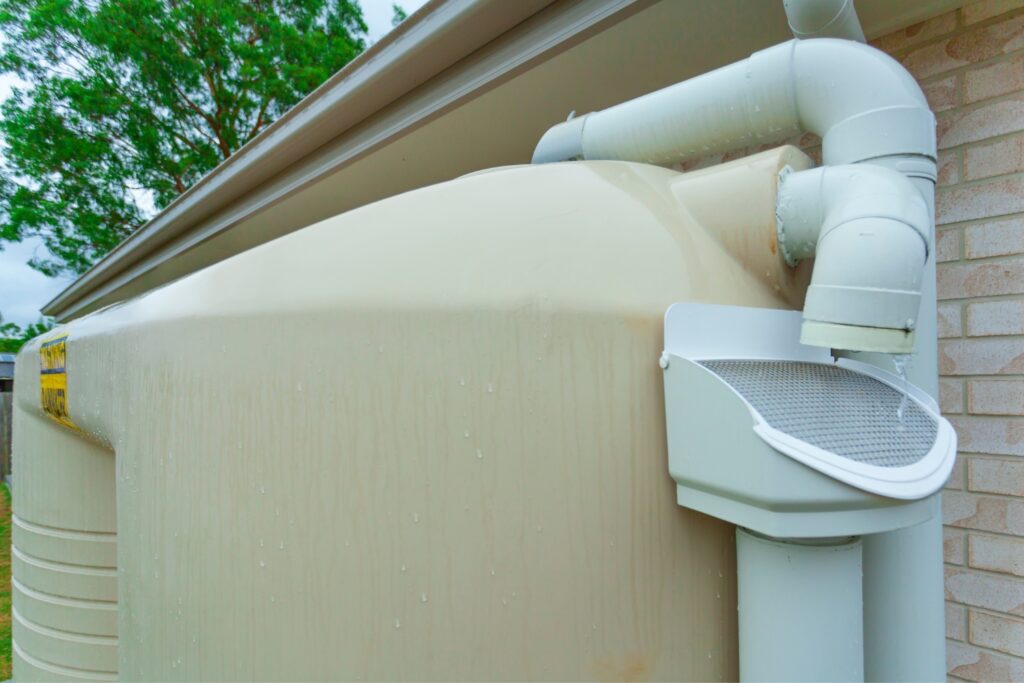
Use Greywater Systems to Reuse Water Safely
Greywater is the wastewater from showers, baths, and laundry—excluding water from toilets and kitchens. With a properly installed system, greywater can be reused for garden irrigation, saving thousands of litres each month.
This setup is ideal for eco-conscious homeowners who want to maximise water use without increasing consumption. However, it’s important to use greywater safely. Avoid using harsh detergents and make sure the system meets local plumbing regulations.
Licensed plumbers in Maitland can advise on safe installation and whether your property is suitable for a greywater diversion system.
Regular Plumbing Maintenance Supports Long Term Efficiency
Preventative maintenance helps your plumbing system stay efficient over time. Blocked drains, sediment build-up in hot water tanks, and slow leaks can reduce system performance.
Schedule annual plumbing checks to:
- Inspect and flush your hot water system
- Detect hidden leaks
- Clean drains and gutters
- Test water pressure
By catching problems early, you avoid costly repairs and maintain your eco upgrades in top condition. A proactive approach means your plumbing stays efficient year-round.
Ready To Reduce Your Home’s Water and Energy Use Without Compromising Comfort?
Book a plumbing assessment with a trusted local expert from Plumbers in Maitland. Whether you need a minor upgrade or full system advice, we’ll help you make smart, sustainable changes that suit your household and budget.
Frequently Asked Questions
How do I know if my tapware is water efficient?
Check the WELS label for a star rating. The higher the rating, the more water-efficient the tap or showerhead. If there’s no label, it may be time to upgrade.
Can I install a rainwater tank myself?
Rainwater tanks must be installed by a licensed plumber if they’re connected to your internal plumbing. DIY options are available for garden-only use, but professional setup ensures compliance and safety.
Is it worth switching to a heat pump hot water system?
Yes. Heat pump systems are more energy-efficient than standard electric storage units and are especially useful in mild climates. Many households see a drop in energy bills after switching.
Are greywater systems legal in NSW?
Yes, but they must comply with specific health and safety regulations. It’s best to consult with a licensed plumber who understands the rules for installations in your area.
How often should I service my hot water system?
Most systems benefit from annual checks. Regular servicing helps detect sediment build-up, corrosion, or efficiency loss, all of which affect energy use and lifespan.
